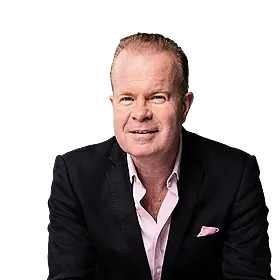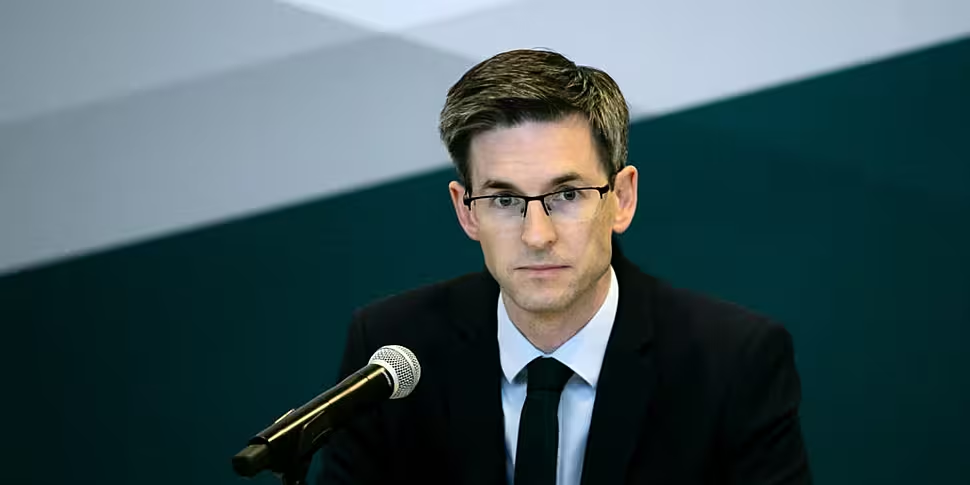There have been 396 new confirmed cases of COVID-19 in Ireland.
Some 241 of those cases are in Dublin.
However no new deaths have been reported to the Health Protection Surveillance Centre (HPSC).
There has now been a total of 32,933 cases of COVID-19 and 1,792 related deaths here.
This includes the denotification of one confirmed case.
Of the cases notified on Sunday:
- 172 are men / 224 are women
- 70% are under 45 years of age
- 26% are confirmed to be associated with outbreaks or are close contacts of a confirmed case
- 58 cases have been identified as community transmission
After the 241 cases are in Dublin, 36 are in Cork, 19 in Donegal, 12 in Galway, 11 in Meath, 11 in Kildare, nine in Monaghan, seven in Louth, six in Clare, six in Offaly, six in Waterford and five in Wicklow.
The remaining 27 cases are spread across 11 counties.
Figures show there are 82 people in hospital, with 17 in ICU.
There have been 83,390 tests completed in the last seven days, with a positive rate of 2.1%.
Dr Ronan Glynn, Acting Chief Medical Officer, said: "The cases we are reporting today were seeded in the last week.
"This virus spreads from person to person.
"We now have a collective task across the country to break the chains of transmission and stop this virus from spreading further."
He added: "Plan to see half the number of people this week that you saw last week.
"When you do meet, do so safely - keep your distance, wear a face covering if appropriate and wash your hands.
"Every individual action we take to interrupt the transmission of this disease keeps ourselves and our families safe."
Earlier, World Health Organisation (WHO) spokesperson Dr Margaret Harris told Newstalk Breakfast people need to get into the mindset of living with COVID-19 "for several years".
She said: "[In] the summer we saw that when countries came out of lockdown, they just went back to their old normal - and that was the problem.
"That was really the time to suppress this virus completely and unfortunately that didn't happen; and you don't want to be asking health workers to again work so tremendously under difficult circumstances.
"We've seen in some countries 33% of infections are in health workers".
"People certainly did their bit, they were fantastic.
"But this was this idea that you're going back to the old ways: no, we've really got to look at the new living safety with COVID ways - at least for the next year, if not for several years".
"We've got to get into that mindset".









